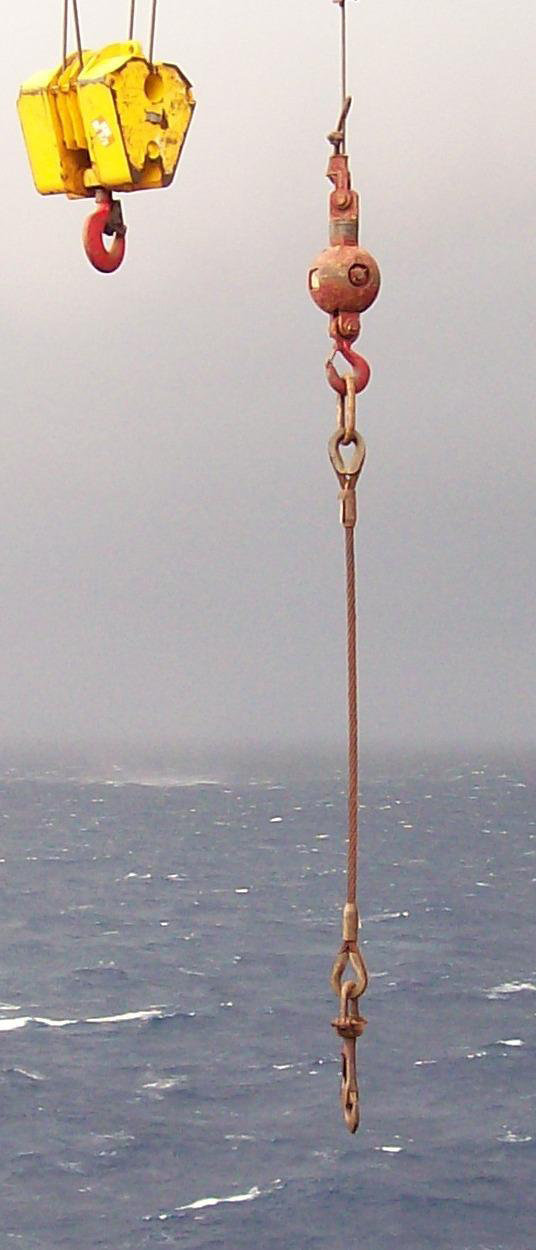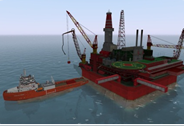Training Duration:
The duration of this crane operator stage three (3) training is dependent on delegate’s previous experience and ongoing operations at the time of the instructor/assessors visit. it is a combined theory and practical assessement of the crane operator. We can organise the training onsite in Cameroon, Chad, Congo, Central African Republic, Gabon and Equatorial Guinea.
Prerequisite of the Crane Operator Stage Three (3) Training:
To be assess and certified to stage three in crane operation, the participants must have completed stage two training in crane operation. Participant will be  expected to present medical certificate of sight fitness before being tested for the crane operator stage three course.
expected to present medical certificate of sight fitness before being tested for the crane operator stage three course.
Who will Benefit fron this Training:
The crane operator stage three (3) training is intended for individuals who are to be involved in lifting operation using cranes and personnel transfers/work basket, offloading and back loading supply vessels and performing non-routine lifts.
Training Course Outline:
PHASE ONE
The crane operator stage three training will be carried out in combination with the assessment of the candidate. The assessor will hold a meeting with the candidate to discuss the assessment format and criteria. The candidate and the assessor will agree on the assessment plan with elucidations on the candidate to provide verifiable evidence and product as outlined in the assessment form as part of the first phase of the assessment. This should consist at least of the following:
Crane daily inspection checklist, weekly inspectionchecklist, pre-job meeting (or equivalent) attended and countersigned by candidate and Assessor, crane operations deck and supply vessel lift plans and specific risk assessment, applicable Crane Load Chart, rated Capacity Indicator, crane Manual, cargo Manifest, weather Report, supply vessel logbook, company and/or location specific standing instructions, location station bill, witness testimonies can be used to supplement or replace any of above.
PHASE TWO
The crane operator will have to acclimatize the assessor with the crane and functions in the Cab as if he was making a handover to another crane operator, The Assessor will verify if the system has been adjusted to reflect differing operating criteria, e.g, sea state for offshore cranes, he will leave the cab and observe. Pints to be noted will include, but not be limited to:
Operate the crane in a safe manner, displaying awareness of any conflicting activity, control the crane whilst operating unloaded and with load on hook, demonstrate the ability to remove swing from the load, follow instructions given by the banks man through hand signals/radio contact use and understanding of load indicator functions, both static and dynamic modes, limiting devices, wires fitted to the crane in use, crane controls, understanding of the crane operator’s responsibilities under LOLER regulations or prevailing legislation.
Register for this Course


 expected to present medical certificate of sight fitness before being tested for the crane operator stage three course.
expected to present medical certificate of sight fitness before being tested for the crane operator stage three course.